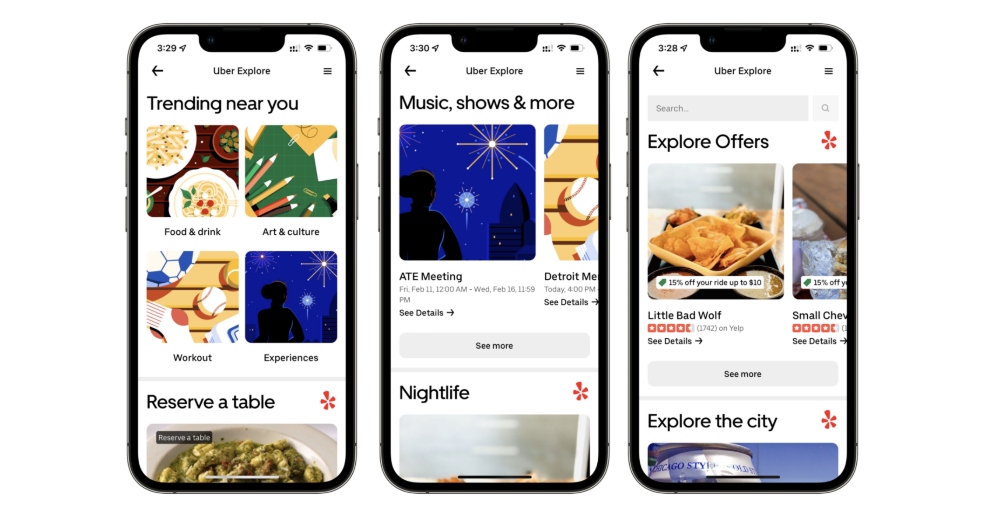Here’s a pitch you’ve probably heard before: “It’s like Uber but for…” Then fill in the blank with whatever concept you want.
There’s a new problem with that line, besides how meaningless it is. According to California’s courts, Uber’s model – and by extension, much of the gig economy – is built on a labor rights violation.
Superior Court Judge Ethan Schulman ruled that rideshare drivers could no longer be considered independent contractors, under California’s Assembly Bill 5.
The majority of rideshare drivers work full-time, but are not provided with benefits that would ordinarily be guaranteed to a full-time employee, like healthcare and worker’s compensation. AB5 was passed last year in order to hold gig companies, namely Lyft and Uber, responsible for providing those benefits to their workers. But when the law took effect earlier this year, the companies refused to comply with it.
Judge Schulman asserted in his ruling that for Uber to consider its tech workers to be employees, while relegating drivers to a contractor status, “flies in the face of economic reality and common sense.”
“Were this reasoning to be accepted, the rapidly expanding majority of industries that rely heavily on technology could with impunity deprive legions of workers of the basic protections afforded to employees by state labor and employment laws […] it bears emphasis that these harms are not mere abstractions; they represent real harms to real working people,” wrote Schulman. “To state the obvious, drivers are central, not tangential, to Uber and Lyft’s entire ride-hailing business.”
In a statement about the ruling, Lyft claimed that providing these benefits would really go against the interests of their drivers: “[They] do not want to be employees, full stop. We’ll immediately appeal this ruling and continue to fight for their independence.”
(Rather bold of them to speak for all of their drivers there, but I digress.)
Either way, the ridesharing model appears to be on its way out. Uber and Lyft have historically struggled to turn a profit, with UberEats actually generating more money for the company than their taxi service does. COVID-19 has not helped matters, either.
As Brian Merchant wrote for One Zero, ridesharing relied on “a constellation of fantasies” for its success.
When Uber and Lyft were launched, they promised to ease demand on crowded city streets by encouraging customers to carpool to their destination, thus reducing the number of individual cars on the street.
But as Merchant highlights, the reality of ridesharing is very different: Solo riders and full-time drivers are the norm, and the rideshare business has contributed to congestion and increases in carbon emissions in major cities. None of this has been good publicity for the industry, either.
Will either company survive this?
The final verdict on whether rideshare companies will be able to continue operating through independent contractors will be left to California voters on the 2020 ballot, in the form of Proposition 22.
Desmond Meagley is an award-winning writer, graphic artist and cultural commentator in D.C. A proud YR Media alumn, Desmond's writing and illustrations have been featured in the SF Chronicle, HuffPost, Teen Vogue, The Daily Cal, and NPR among others. In their spare time, Desmond enjoys vegetarian cooking and vigorous bike rides.









































